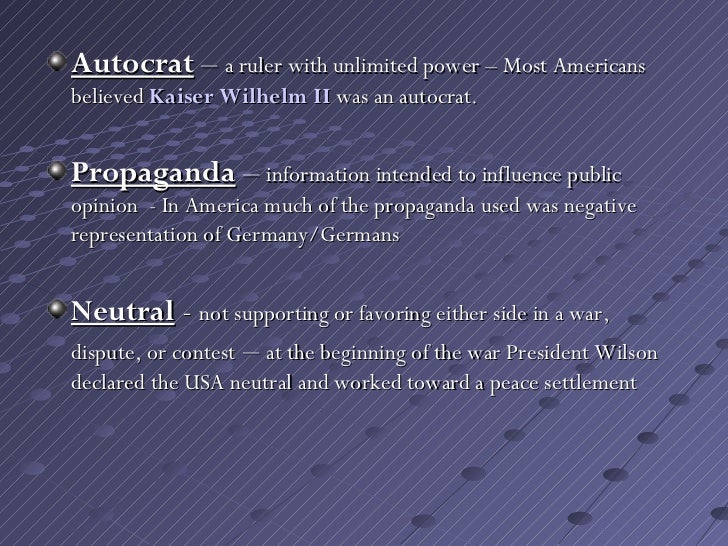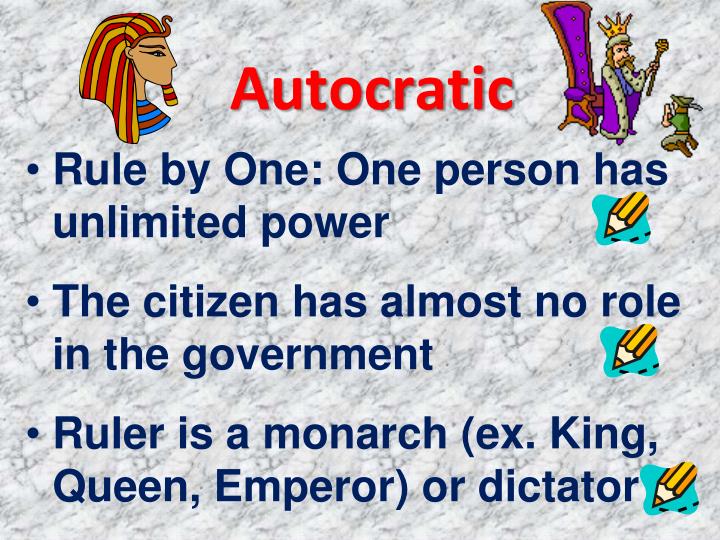
When addressing the rule of law and democracy nexus, a fundamental distinction has to be drawn between "rule by law", whereby law is an instrument of government and government is considered above the law, and "rule of law", which implies that everyone in society is bound by the law, including the government. One must also emphasize its fundamental role in protecting rights and advancing inclusiveness, in this way framing the protection of rights within the broader discourse on human development.Ī common feature of both democracy and the rule of law is that a purely institutional approach does not say anything about actual outcomes of processes and procedures, even if the latter are formally correct. Strengthening the rule of law has to be approached not only by focusing on the application of norms and procedures. If considered not solely an instrument of the government but as a rule to which the entire society, including the government, is bound, the rule of law is fundamental in advancing democracy. 1 Indeed, government responsiveness to the interests and needs of the greatest number of citizens is strictly associated with the capacity of democratic institutions and processes to bolster the dimensions of rights, equality and accountability.




The Declaration adopted on 24 September 2012 by the United Nations General Assembly at the High-level Meeting on the Rule of Law at the National and International Levels reaffirmed that "human rights, the rule of law and democracy are interlinked and mutually reinforcing and that they belong to the universal and indivisible core values and principles of the United Nations".


 0 kommentar(er)
0 kommentar(er)
